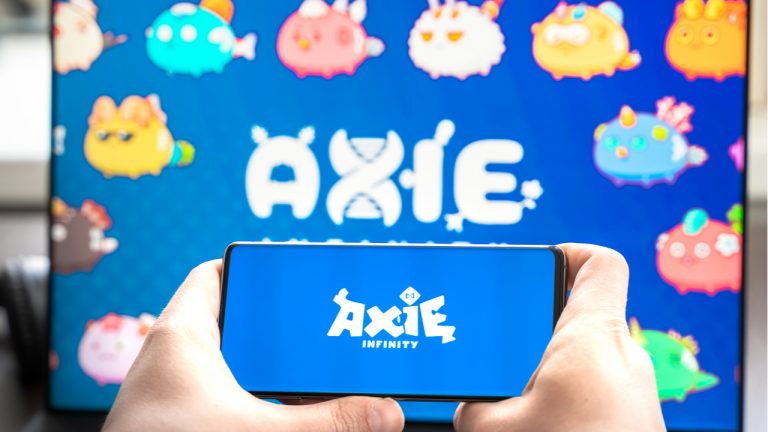
Grok costs $16 per month on X Premium Plus. But for now it is only offered to a limited number of users in the United States.
Elon Musk and his artificial intelligence startup xAI have released “Grok” — an AI chatbot which can supposedly outperform OpenAI’s first iteration of ChatGPT in several academic tests.
The motivation behind building Gruk is to create AI tools equipped to assist humanity by empowering research and innovation, Musk and xAI explained in a Nov. 5 X (formerly Twitter) post.
Just released Grokhttps://t.co/e8xQp5xInk
— Elon Musk (@elonmusk) November 5, 2023
Musk and the xAI team said a “unique and fundamental advantage” possessed by Grok is that it has real-time knowledge of the world via the X platform.
“It will also answer spicy questions that are rejected by most other AI systems,” Muska and xAI said. "Grok is designed to answer questions with a bit of wit and has a rebellious streak, so please don’t use it if you hate humor!"
The engine powering Grok — Grok-1 — was evaluated in several academic tests in mathematics and coding, performing better than ChatGPT-3.5 in all tests, according to data shared by xAI.
However it didn’t outperform OpenAI’s most advanced version, GPT-4, across any of the tests.
“It is only surpassed by models that were trained with a significantly larger amount of training data and compute resources like GPT-4, Musk and xAI said. “This showcases the rapid progress we are making at xAI in training LLMs with exceptional efficiency.”
Example of Grok vs typical GPT, where Grok has current information, but other doesn’t pic.twitter.com/hBRXmQ8KFi
— Elon Musk (@elonmusk) November 5, 2023
The AI startup noted that Grok will be accessible on X Premium Plus at $16 per month. But for now, it is only offered to a limited number of users in the United States.
Grok still remains a “very early beta product” which should improve rapidly by the week, xAI noted.
Related: Twitter is now worth half of the $44B Elon Musk paid for it: Report
The xAI team said they will also implement more safety measures over time to ensure Grok isn’t used maliciously.
“We believe that AI holds immense potential for contributing significant scientific and economic value to society, so we will work towards developing reliable safeguards against catastrophic forms of malicious use.”
“We believe in doing our utmost to ensure that AI remains a force for good,” xAI added.
The AI startup's launch of Grok comes eight months after Musk founded the firm in March.
Magazine: Hall of Flame: Peter McCormack’s Twitter regrets — ‘I can feel myself being a dick’









